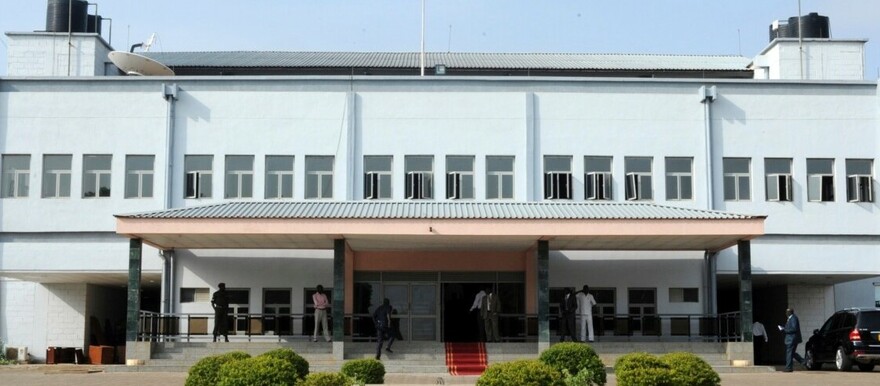South Sudan’s Parliament has adopted a report that emanated from South Sudan’s participation in COP27, the United Nations Framework Convention on Climate Change conference, held in Egypt last year.
The report not only detailed the South Sudan delegation’s involvement in the summit but also shed light on the devastating impact of climate change in South Sudan, with a particular focus on severe flooding.
Additionally, the report called for major polluting nations to provide financial support for addressing climate change effects in countries like South Sudan, which have contributed less to climate pollution.
SPLM Chief Whip Rebecca Joshua Okwachi presented the report during a regular session of the August House on Monday.
“In our active involvement in COP27, the South Sudan parliamentary delegation played a crucial role in highlighting the severe impacts of climate change within our nation. The extent of loss and destruction caused by floods was vividly portrayed, affecting nearly 7 out of 10 states and one of the three administrative areas,” stated Okwachi.
Rebecca further emphasized, “These floods displaced thousands of our citizens, leading to the destruction of homes, washed-out roads, submerged farms, and contaminated sanitation systems. The catastrophic floods engulfed the entire country.”
The SPLM Chief Whip also highlighted that the team presented the disproportionate impact of floods on women and children to the UN summit participants. She conveyed the delegation’s recommendation that the government prioritize addressing the challenges faced by women and children affected by climate change.
“Women and children are particularly vulnerable segments of our society impacted by climate change. Therefore, our delegation strongly suggested that their concerns be treated with utmost seriousness,” she emphasized.
Among the various resolutions proposed by the delegation is the allocation of a budget by the government to address climate change issues.
The parliamentarian noted that the proposal to prioritize women and children as beneficiaries of compensation due to climate change, as suggested by the South Sudan delegation, received support from the United Kingdom and Uganda.
In response to the report, Gai Mayen Dut, a member of SPLM-IO, emphasized the significance of adopting the report in its entirety. He stressed the importance of this action because South Sudan is one of the countries that have been severely affected by floods.
Mayen also encouraged South Sudanese to play an active role in addressing climate change, particularly at the local level.
He stated, “While the issue of dredging has been a topic of concern, it’s not our primary problem. Our main challenge is climate change, which demands our immediate attention. In our local context, there are small, impactful actions that we need to take. For instance, we’re contributing to desertification.”
According to him, South Sudan faces issues like illegal logging and deforestation across different political parties, which are substantial contributors to climate change. He urged the government, particularly the Ministry of Environment, to enact laws that prevent citizens from engaging in such detrimental activities.
Another Member of Parliament, Agasio Kuol, an SPLM representative from Gogrial West County, praised the delegation for the report, emphasizing that the country stands to gain significantly from it. Koul highlighted the importance of the Paris Agreement, which mainly focuses on compensating victims of climate change, a matter of great significance given that most of South Sudan’s states were severely affected by floods.
However, he raised a pertinent question about whether the government possesses the necessary data to identify all the people affected in those states and implement the Paris Agreement effectively.
He questioned, “Regarding the implementation of the Paris Agreement and the allocation of compensation to those affected, do we possess the necessary data and reports?”
He concluded, “If we lack this essential information, we should focus on providing capacity building to assist the affected populations in the seven states, particularly in Unity state, Warrap, Lakes, and all other affected areas.”




